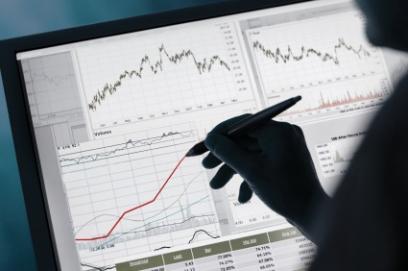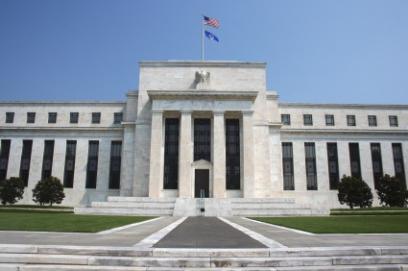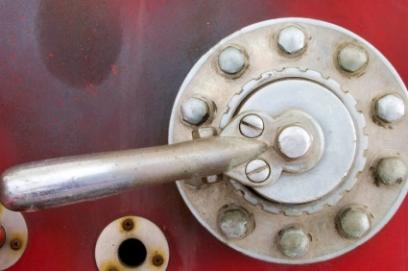
The Dow 30 is the Greatest of All Ponzi Schemes
By Wim Grommen (with Lorimer Wilson) The Dow Jones Industrial Average (DJIA) Index – the oldest stock exchange in the U.S. and most influential in the world – consists of 30 companies and has an extremely interesting and distressing history regarding its beginnings, transformation and structural development which has all the trappings of what is…

Property bubble? That’s the theory, anyway
By Philip Soos, Deakin University As Australian housing prices have boomed over the last decade and a half, there has been much discussion over whether a bubble exists in the residential property market. More recently, the concern is the record-low interest rate of 2.5% may cause a housing bubble. Conspicuously absent in the debate over…

A Trader’s Daily Routine
“I have a full-time job and rarely sit in front of the computer when the markets are open. All my trading decisions are done when the market is closed, but I am having problems deciding exactly where to place my entry orders, with the current market being so volatile. Can you please give someadvice on…

The Great Bank Bubble of 2013
Welcome to the Great Bank Bubble of 2013 is the title of a UBS research note sent to clients earlier this month. UBS believes that Aussie banks are at bubble valuations considering our lacklustre lending environment. Citibank analysts wholeheartedly disagree, running with the contradictory title: Popping Claims of an Australian Bank Share Price ‘Bubble.’ So…

Why the Federal Reserve is Digging an Ever-Deeper Hole
Apparently, policymakers at the Federal Reserve are having second thoughts about the wisdom of open-ended quantitative easing (QE). They should. Not only has this untested policy experiment failed to deliver an acceptable economic recovery; it has also heightened the risk of another crisis. The minutes of the January 29-30 meeting of the Fed’s Federal Open…

A rebound in iron ore prices? Who knows?
By Jason West, Griffith University Forecasting commodity prices is like buying a second hand car. Only the car’s previous owner and perhaps the dealer really know what the car is actually like. In contrast you, the buyer, are an outsider with very limited insight and can only judge the car’s true value by what you…

The End Of The Third Industrial Revolution
Are we facing the end of the third industrial revolution and the beginning of a new transition? Wim Grommen’s paper titled ‘The Economic Crisis: Time For A Paradigm Shift’ describes the three transitions – the Neolithic, the first industrial revolution, the second industrial revolution and the third. He argues that today humanity is being confronted…

Is Rent Money, “Dead Money”?
By Wealth Foundations Rent is the price of housing accommodation The home building industry often promotes to potential young home buyers that rent money is “dead money” i.e. money down the drain. It encourages them to stop paying rent and, instead, use the money to pay off the mortgage on their own new home. I…

Beware Of Mining Stocks With Too Much Debt
Many Aussie miners are sitting on scary levels of debt – so when Fortescue Metals went into a trading halt over its burgeoning debt less than two weeks ago, investors in mining-related stocks watched closely. The day before the trading halt, Fortescue’s share price fell considerably and the ASX queried the drop. Some speculated that…

Economics and the brain: how people really make decisions in turbulent times
By Paul Harrison, Deakin University In a 2008 paper on neuroeconomics, Carnegie Mellon University economist George Loewenstein said: “Whereas psychologists tend to view humans as fallible and sometime even self-destructive, economists tend to view people as efficient maximisers of self-interest who make mistakes only when imperfectly informed about the consequences of their actions.” This view…




